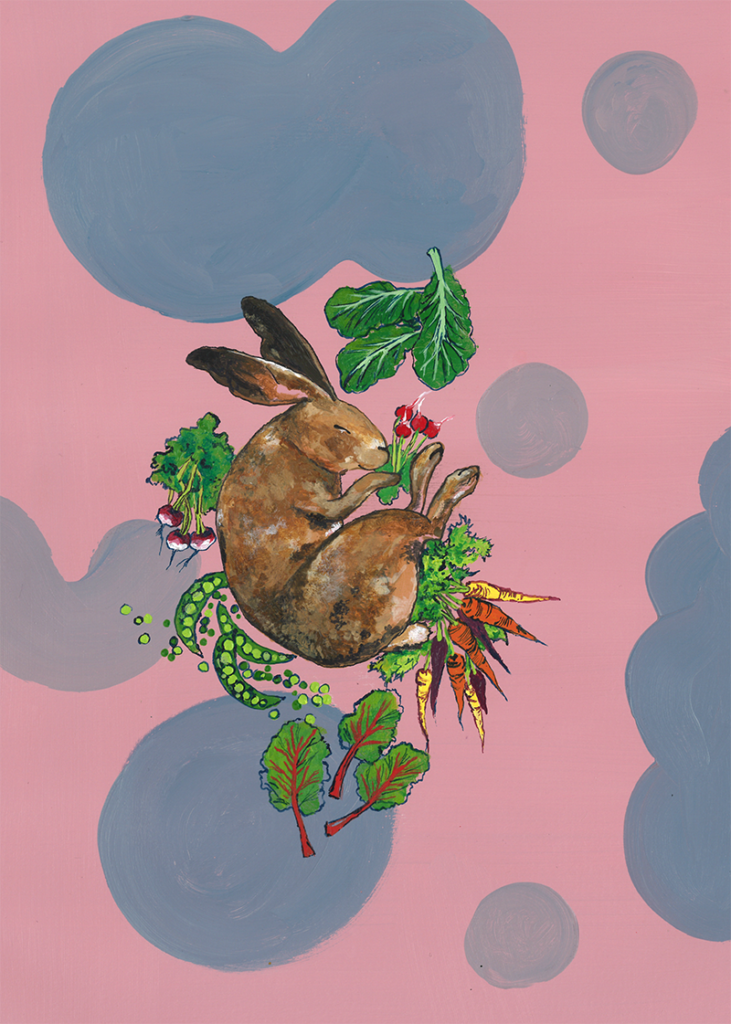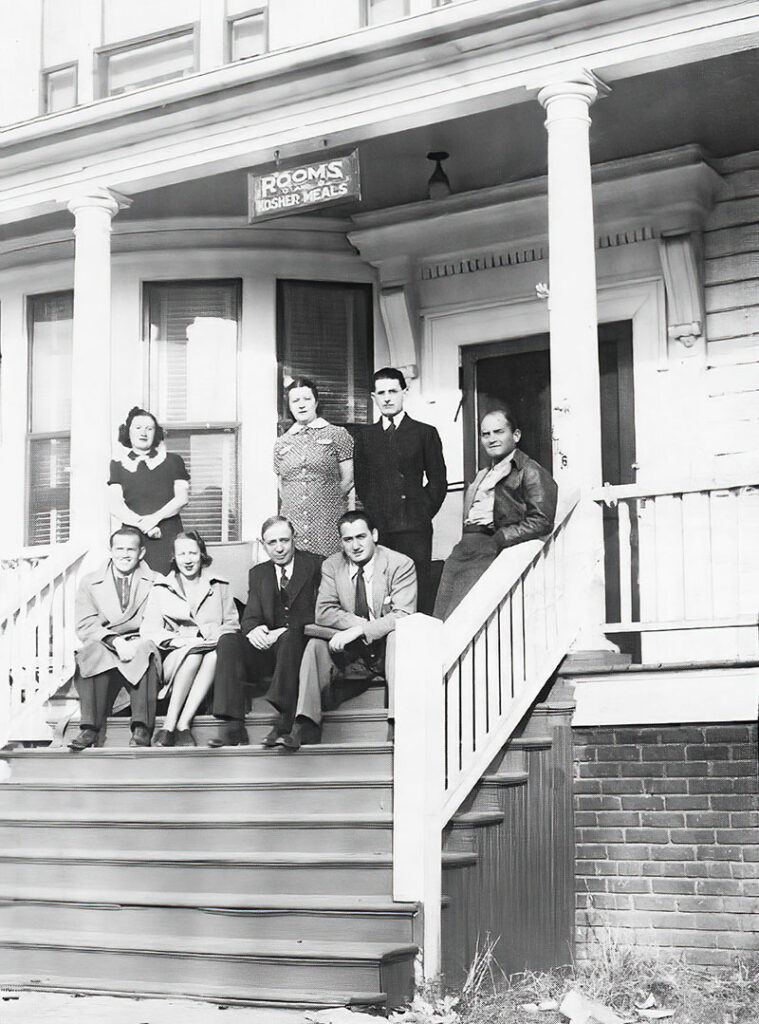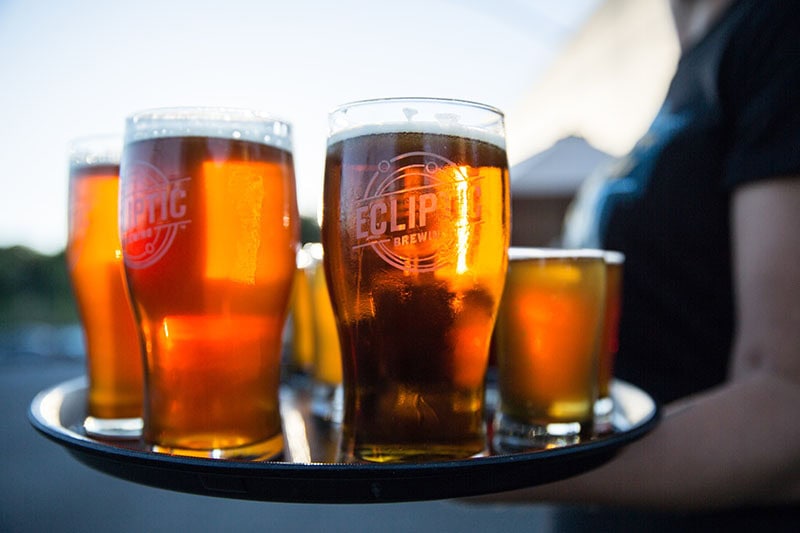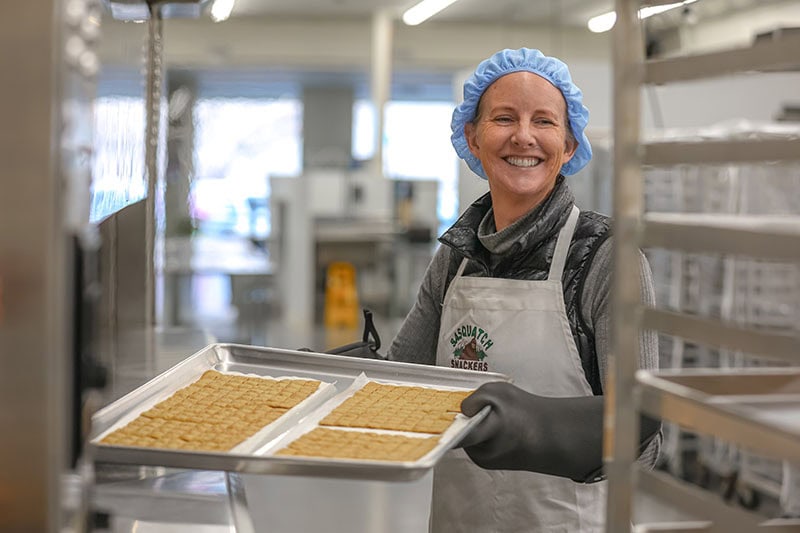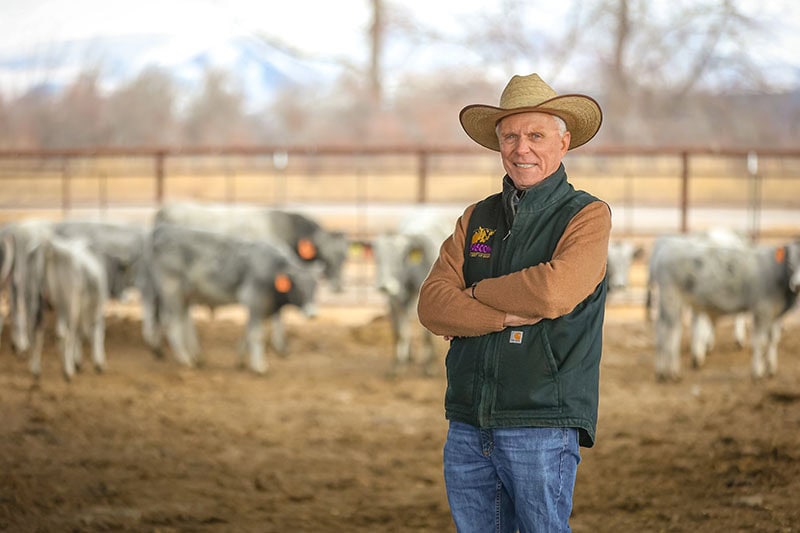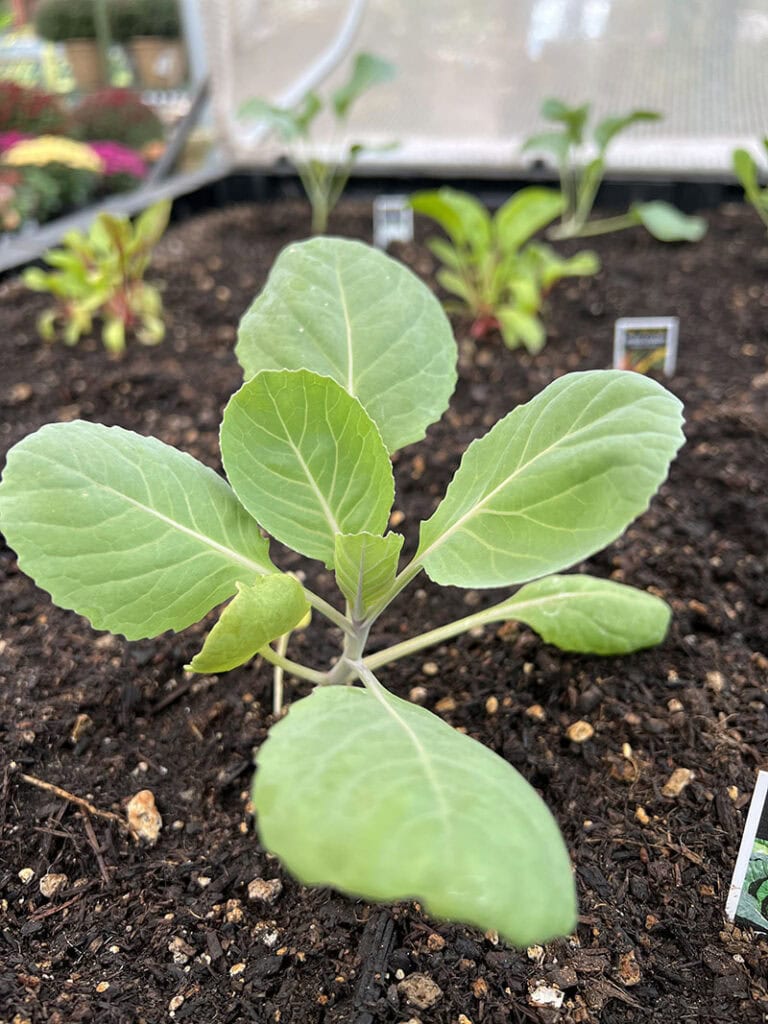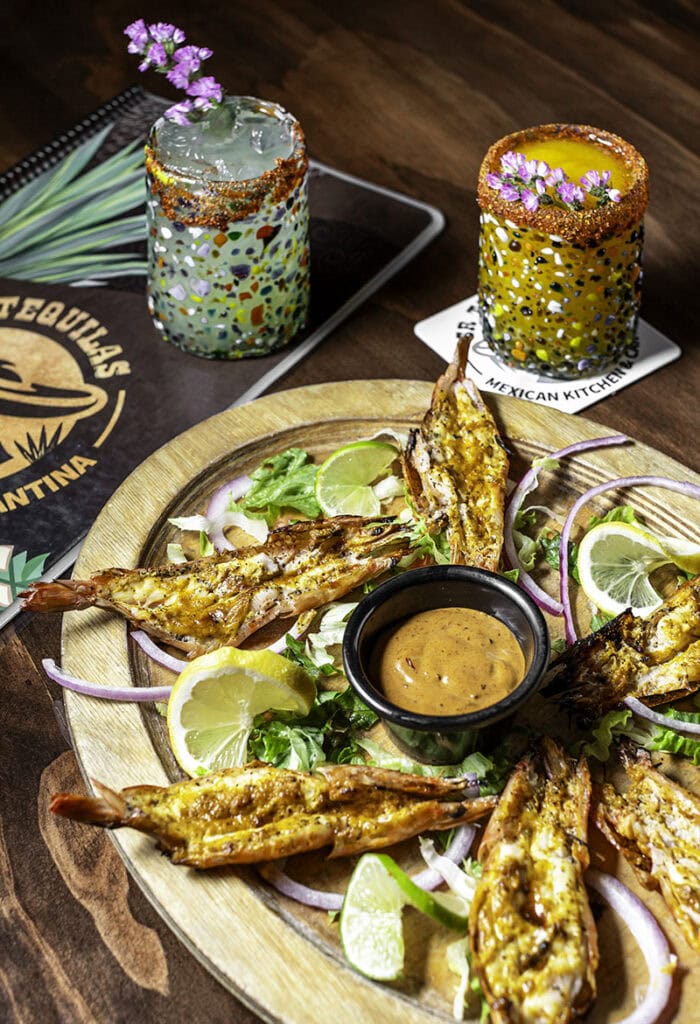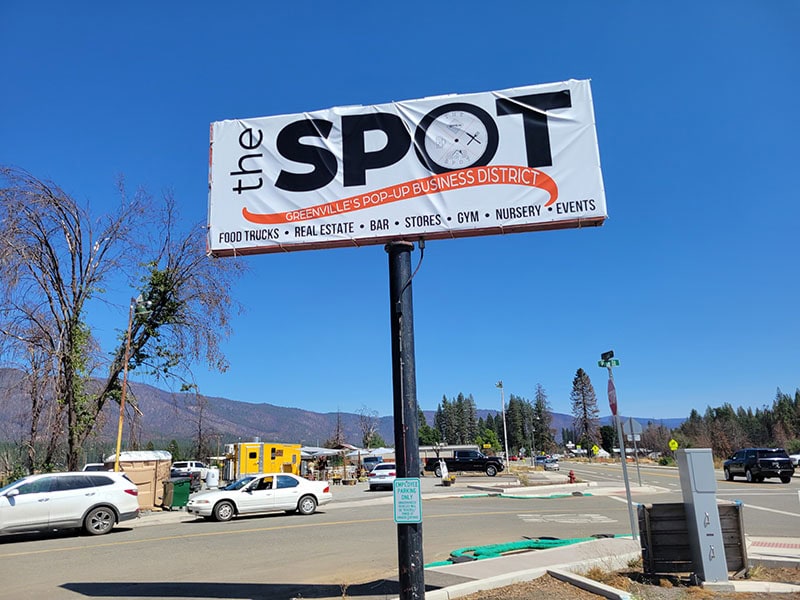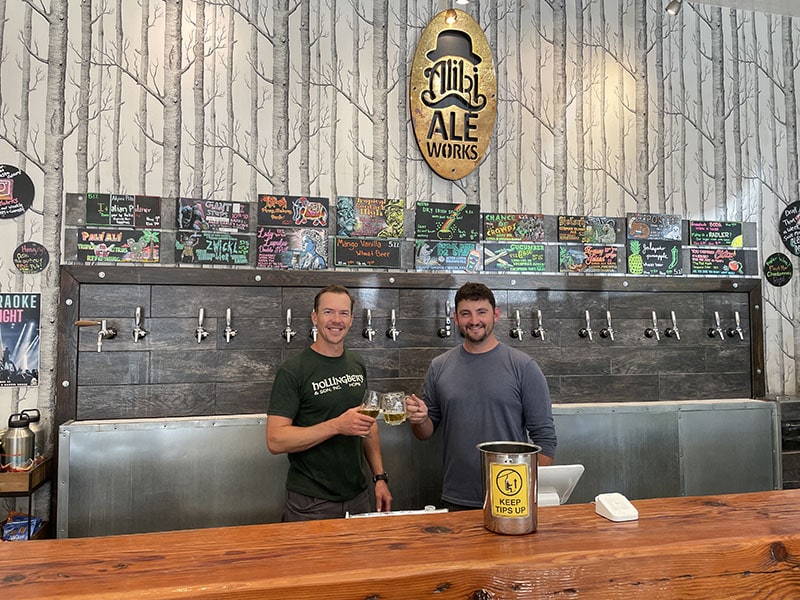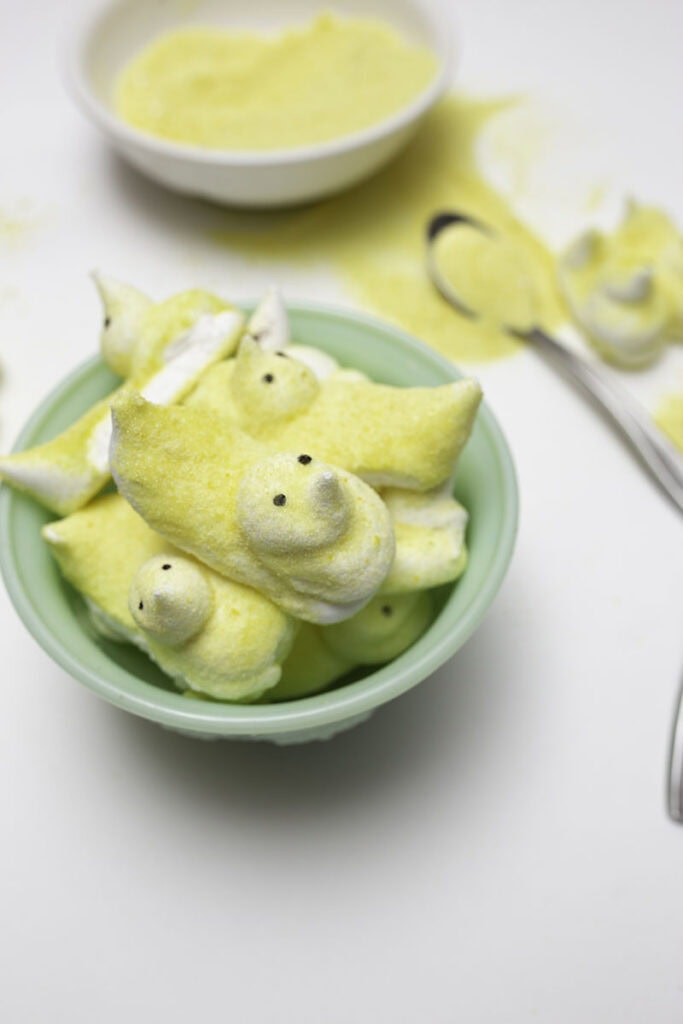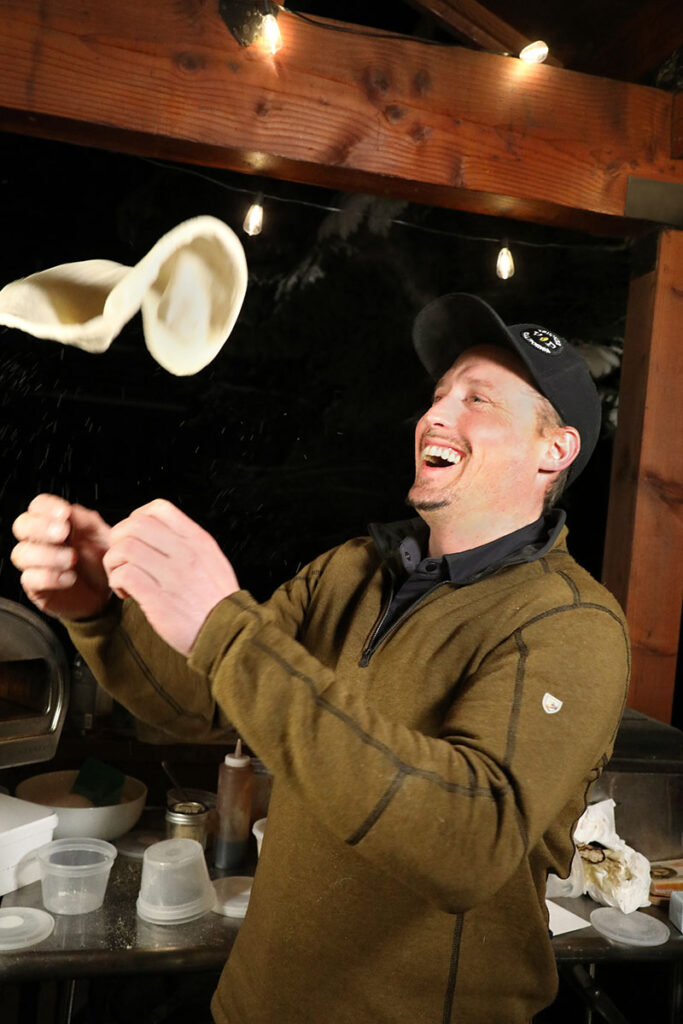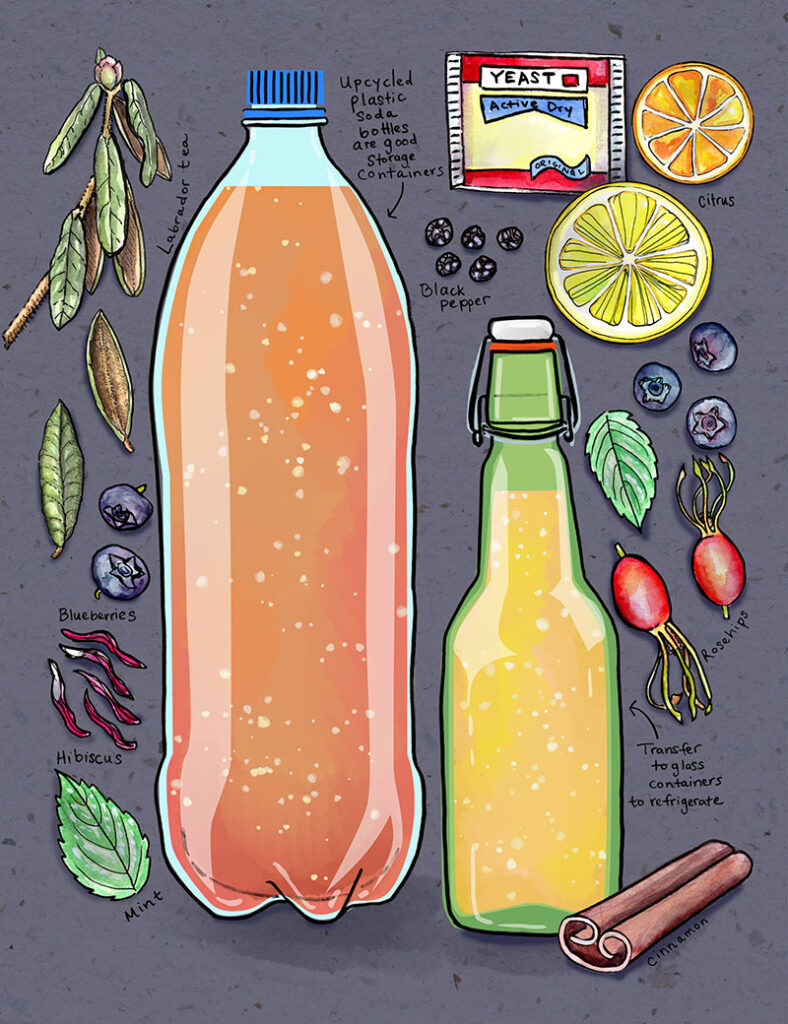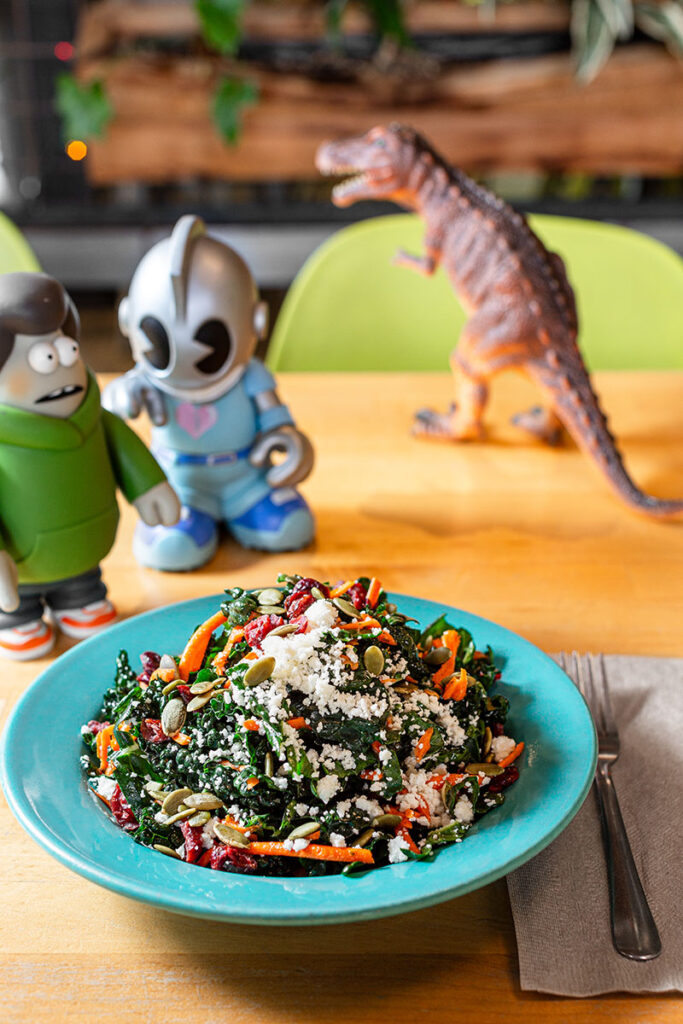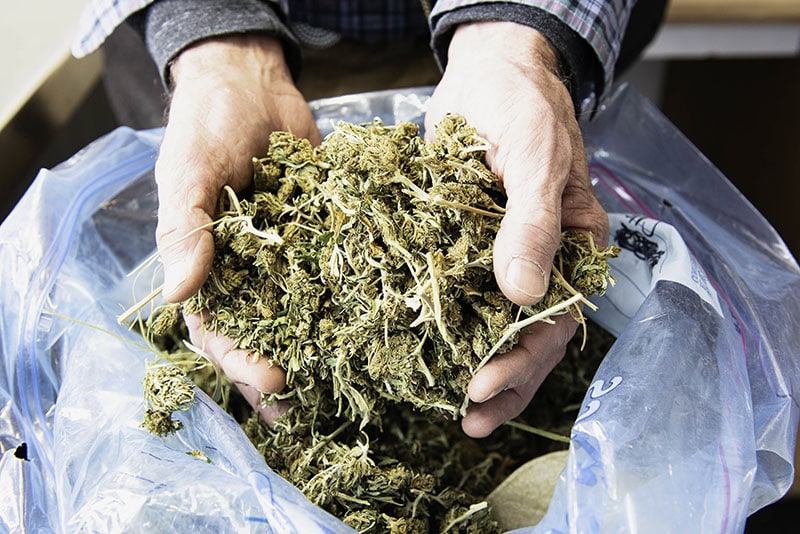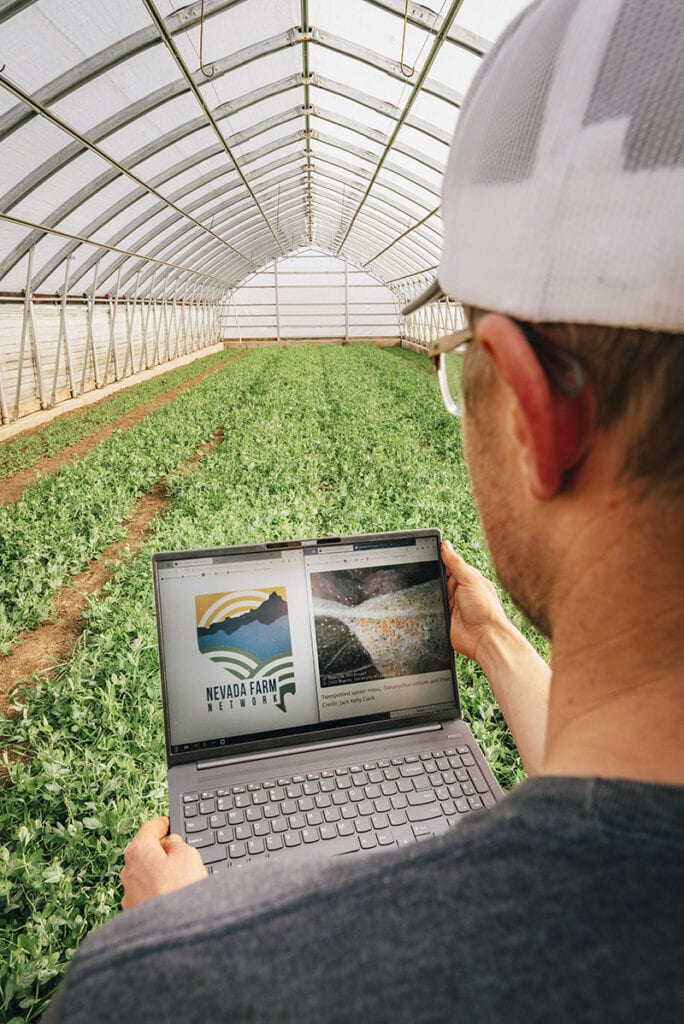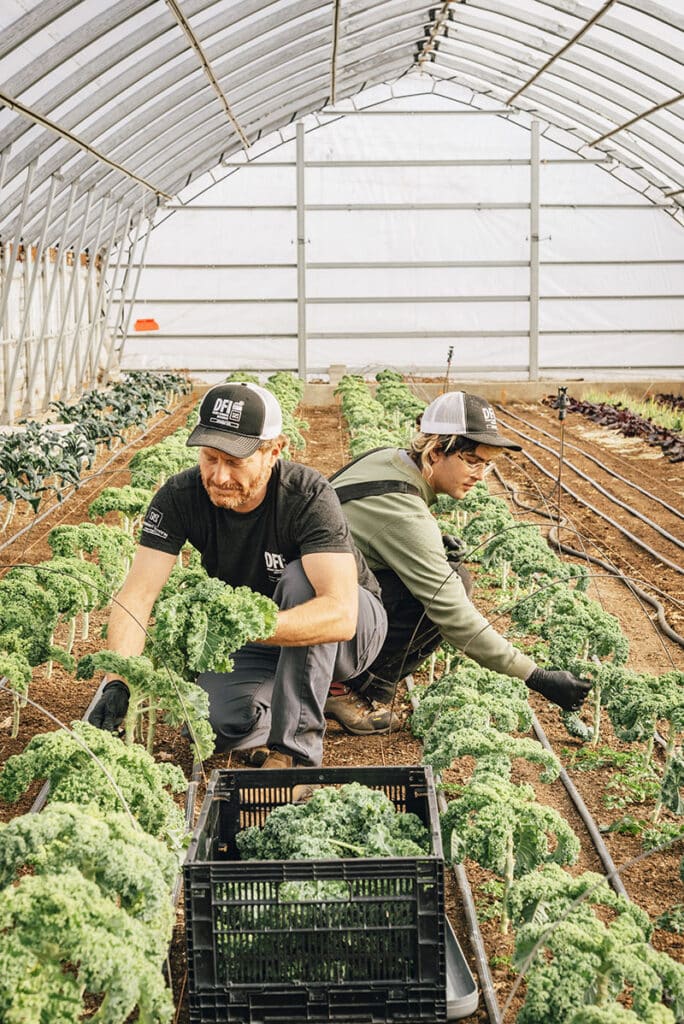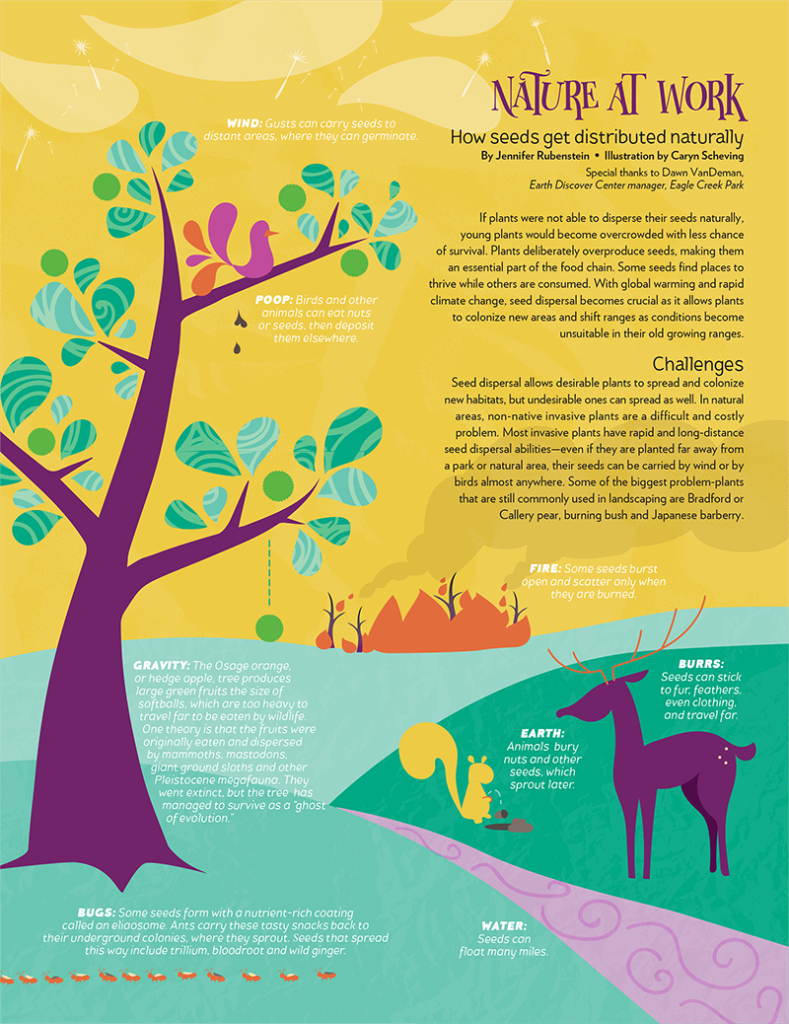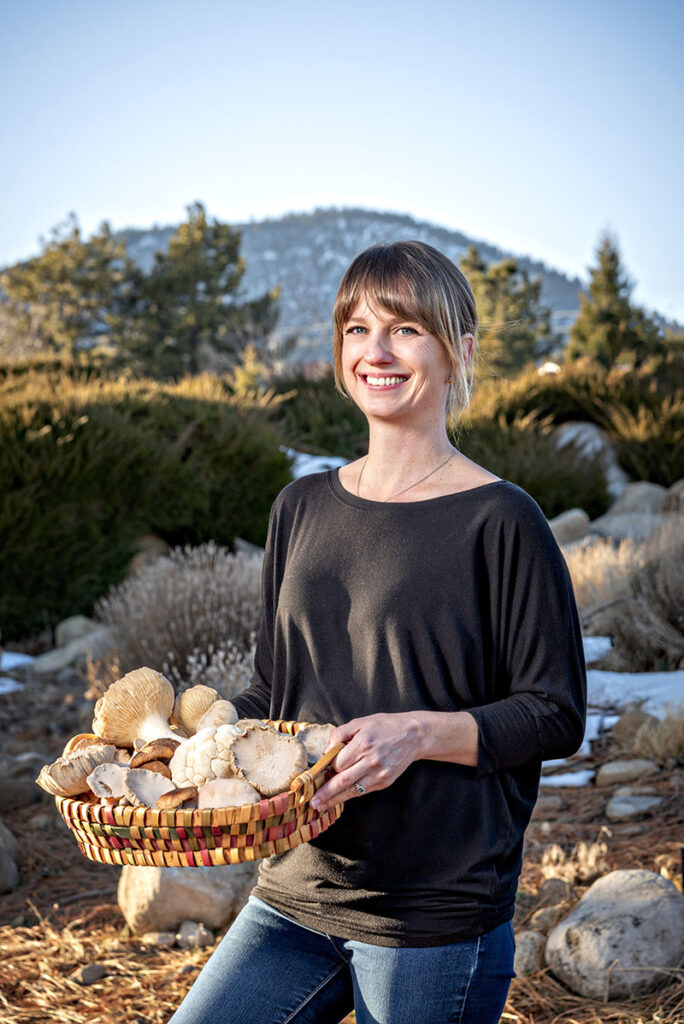
Seed Money
Local female producers get leverage through accelerator program.
Although women comprise only about a third of the country’s agricultural producers, they represent the fastest growing demographic in agriculture, their numbers nearly tripling over the last three decades.
“Women tend to be in the minority in agriculture and food manufacturing,” says Dillon Davidson, senior trade officer for the Nevada Department of Agriculture. “So we really want to bring this opportunity to enhance their skills and abilities and shine a spotlight on them.”
Davidson oversees NDA’s Women’s Farm2Food Accelerator Program, which supports local, small-scale, female farmers or entrepreneurs who are either growing what the United States Department of Agriculture defines as specialty crops — fruits, vegetables, herbs, spices, tree nuts, and honey — or sourcing these locally to make food products. The goal is to help women develop value-added products from these crops, enabling them to increase profitability by extending their marketing opportunities.
Participants are selected through a competitive application process. Those selected to participate receive comprehensive training in marketing, product development, food safety, packaging, and pricing over the course of a 15-week program, all free of charge thanks to a USDA grant.
In November, NDA began the program’s third year with 10 eager participants comprising the 2023-24 cohort, eight of whom are from Northern Nevada. Three of these women — Sarah Catalano, Jeannie Damonte, and Cindy Trejo — were in the previous group and applied to return to create additional products. Their experiences help them to offer insider perspectives on this valuable program.
Fungus Among Us
The first question one is tempted to ask Sarah Catalano is why this busy working mom, with preschoolers ages 2 and 4, would willingly take on another obligation by participating in the Farm2Food program — not once, but twice!
Most of her working life was in the management sector of the food-and-beverage industry. When Covid hit, she and her husband, Matt, were laid off. That became the turning point in their lives. Fulfilling some long-postponed dreams, they started both a family and a small Midtown Reno farm on their quarter-acre property.
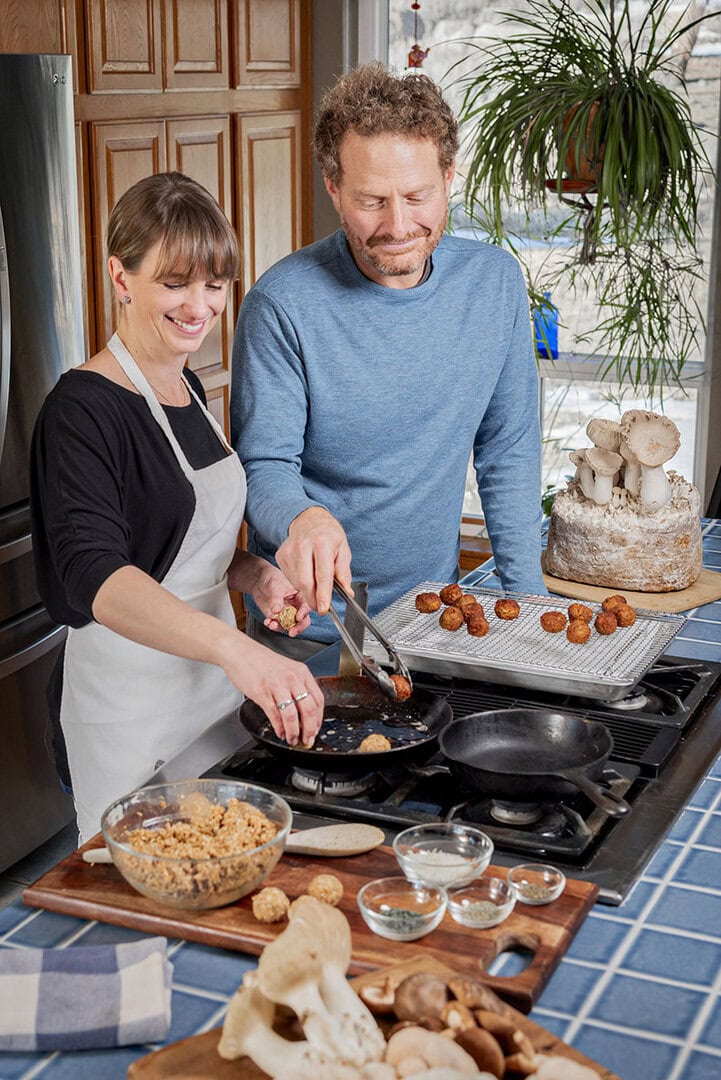
Thus, Rooted Farm was born. The couple primarily grows culinary mushrooms. Sarah says that they chose mushrooms because they’re a profitable crop, and they’re grown indoors so you can control the climate and grow them year-round. Also, mushrooms have many health benefits as they contain powerful anti-inflammatory and antioxidant compounds.
Things just fell into place after that. She was accepted into the 2022-23 class of Farm2Food, and again into the current class. Meanwhile, Matt was awarded an apprenticeship at UNR’s Desert Farming Initiative to learn about managing a Nevada farm (see separate story in this issue, “Growing Talent,” also in this issue).
For her first accelerator project, Sarah successfully produced mushroom jerky using oyster mushrooms. She still is working on refining the production process.
For this year’s project, she’s using lion’s mane mushrooms combined with wholesome ingredients to make meatless “meatballs” that are frozen and ready to be reheated, then enjoyed in a pasta dinner, a meatball sandwich, etc.
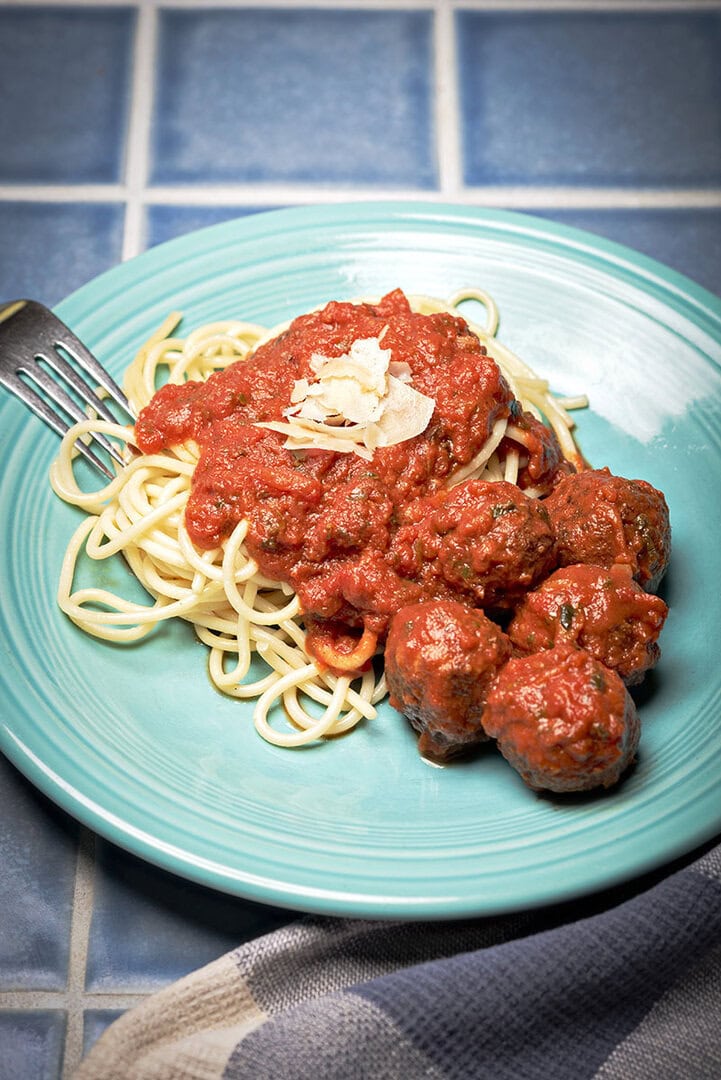
“I am so grateful to be a part of this program again,” Sarah says. “To me, the most valuable thing the program provides is the connections and resources to become a food manufacturer. These experts are very knowledgeable and accessible, and I am confident that down the road they will continue to be available to me.”
Waterworks
Frustrated with the challenges of outdoor gardening in Northern Nevada, Jeannie Damonte became fascinated with the idea of hydroponics — a water-based, soil-free cultivation system.
What started as a hobby in her barn over a decade ago grew to become Sterling Farms, a small but thriving one-woman business. She has been growing and selling her hydroponic basil ever since. But she was looking for a way to expand her markets and growing season. That made her a perfect fit for the 2022-23 Farm2Food group.
With the resources provided, Damonte created a refrigerated pesto with her basil. The NDA program provided necessary food-safety guidance and nutritional analysis, helped her design a professional label and packaging, and walked her through the state and county requirements for producer and health certifications. Her product is now ready to sell under the Sterling Farms brand, and the first market to carry it is Great Basin Community Food Co-op in Reno. (The co-op also carries assorted produce from Sterling Farms.)

Her return to the program this year will enable her to develop a new product by freeze-drying her pesto, giving it unlimited shelf life and portability. It’s a real challenge, especially since the equipment required to freeze-dry is not readily available in the Reno-Tahoe area.
“That’s why this program is so valuable,” Damonte says. “It exposes you to experts in the field, as well as necessary materials and equipment you may not have access to. I could never do any of this on my own. Thanks to NDA, I’m working with a food scientist at Oregon State University who’s helping me get it done.”
Second Time Around
Cindy Trejo is a fan of going big the second time around. The retired commercial banker has completely reinvented herself to become a top-notch private chef (including for Governor Joe Lombardo and his family) and owner of two fledgling catering businesses, Gourmet Grab & Go and Making Spirits Bright. She credits the NDA program with inspiring her to get her catering license.
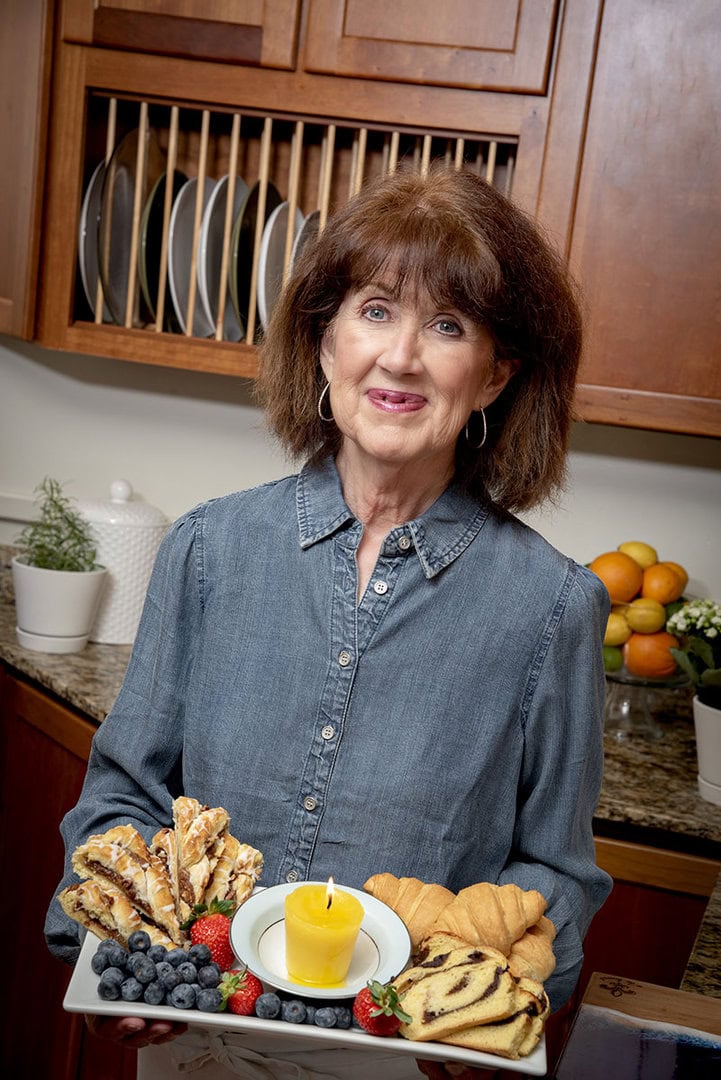
Her résumé of credentials would be the envy of many chefs. It includes graduation, with high honors, from Le Cordon Bleu College of Culinary Arts in Pasadena, Calif., and an apprenticeship under both Bobby Flay and Wolfgang Puck — all accomplished after her retirement.
What prompted such a dramatic change was her experience caring for her dying mother, who encouraged Trejo to move forward with her life, pursue her passions, and have no regrets.
Trejo also is a second-timer in the Women’s Farm2Food Accelerator Program. In 2022-23, she developed a product she called Broth is My Soup-er Power, a brand for which she adapted three of her gourmet broths, made with locally sourced ingredients, to be packaged, frozen, and sold retail. The product is currently undergoing nutritional analysis and package design.
“This program exposes you to all these experts and resources,” Trejo says. “And the other women are so supportive and encouraging. It’s just a complete gift to be a part of it.”
Trejo’s current project is creating a flavored, shelf-stable butter candle. The product is made from butter rather than wax and incorporates an edible wick. You light the candle and surround it with torn pieces of pastry or chunks of crusty bread that can be dipped into the warm, melting butter. Yum!
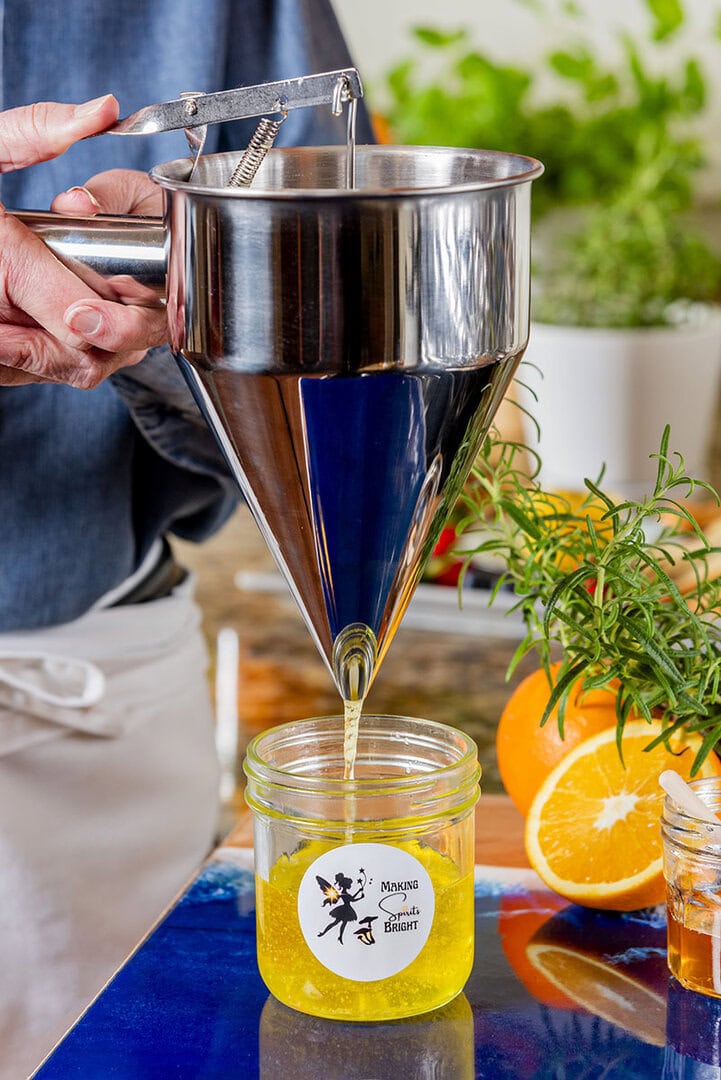
Trejo’s twist is to make her butter candle uniquely flavored — orange blossom honey or roasted garlic and herbs — and then packaged in a jar to make it shelf stable for shipping or storage.
“My passion is food that’s fun,” Trejo says. “If it’s not fun, why bother?”
2024 Women’s Farm2Food Accelerator Program
In addition to the three women featured here, the following women also were selected to participate in this year’s Women’s Farm2Food Accelerator Program:
Autumn Pike
Cecilia Leming
Cheyenne Kyle
Danielle Goodwin
Marcie Pinkerton
Melanie Young
Susan Allen
For details about the program, visit F2faccelerator.org/nv-program.

